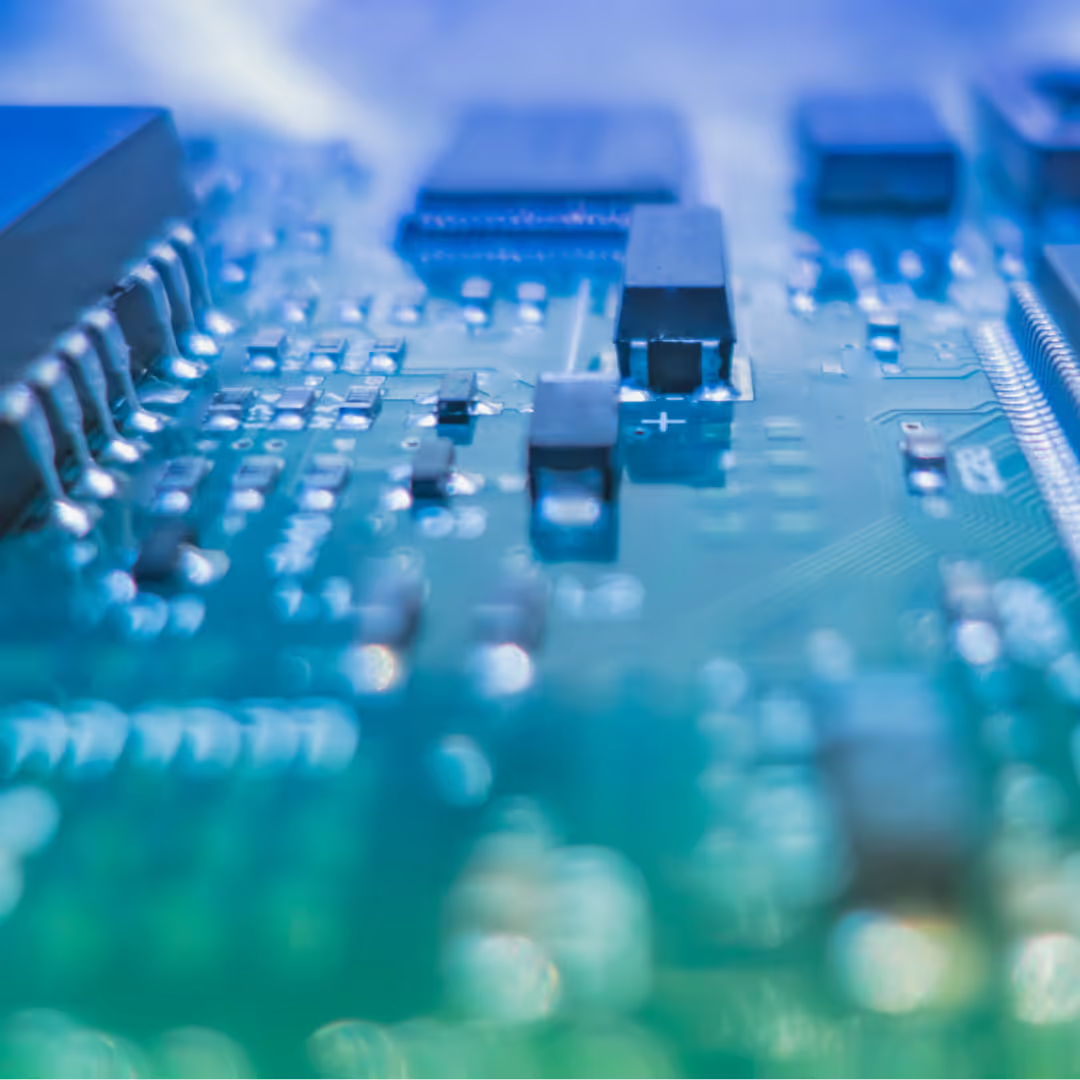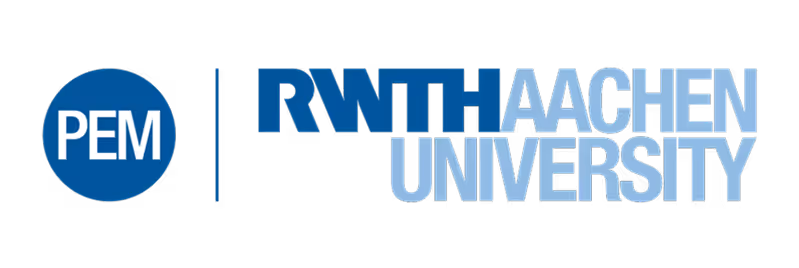PROJECT: NA.ION.NRW
Development of a Sustainable Sodium-Ion Battery “Made in NRW”


in short
RESEARCH OBJEcTIVES
Objective 1
Pilot-scale production of large-format sodium-ion battery cells (NIB).
Objective 2
Development and integration of demonstrator battery modules based on commercial and self-developed NIB cells.
Objective 3
Design and implementation of an efficient Battery Management System (BMS) specifically for sodium-ion batteries.
Description
The Project in detail
The Challenge
The energy crisis and limited availability of lithium, cobalt and other critical resources expose the vulnerability of current battery supply chains. Existing battery technologies are heavily dependent on imported raw materials, leading to economic and geopolitical risks. There is an urgent need for an environmentally and economically sustainable energy storage technology based on abundant and locally available materials. Sodium-ion technology offers this potential, but scaling it to industrial cell formats, ensuring compatibility with existing manufacturing lines, and validating performance in stationary energy storage systems remain major challenges.
PEM Motion’s Approach
PEM Motion leads the development of the Battery Management System (Work Package 3) and ensures that sodium-ion cells and modules can be safely and efficiently operated.
Our role includes:
- Translating laboratory-scale sodium-ion research into functional BMS concepts for pilot-scale modules.
- Adapting algorithms for State of Charge (SoC), State of Health (SoH) and ageing behavior specifically for NIB chemistry.
- Supporting the integration of modules into stationary applications and validating their operational performance.
- Bridging industry requirements with research results to ensure real-world scalability and manufacturability.
In Collaboration WiTH
WANT TO KNOW MORE?







